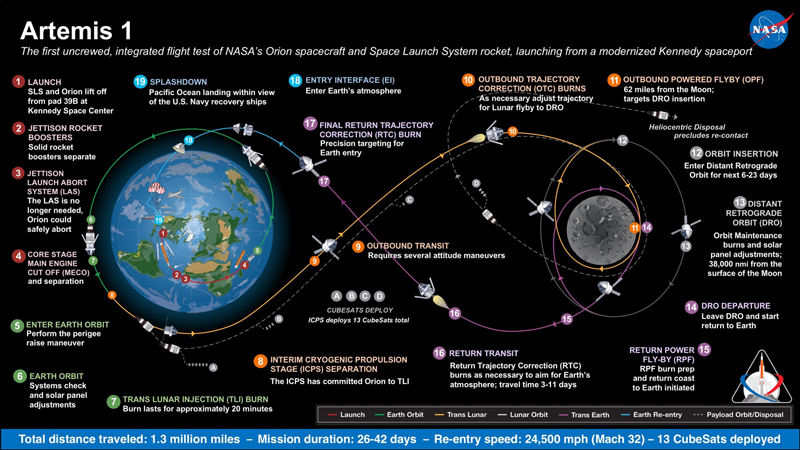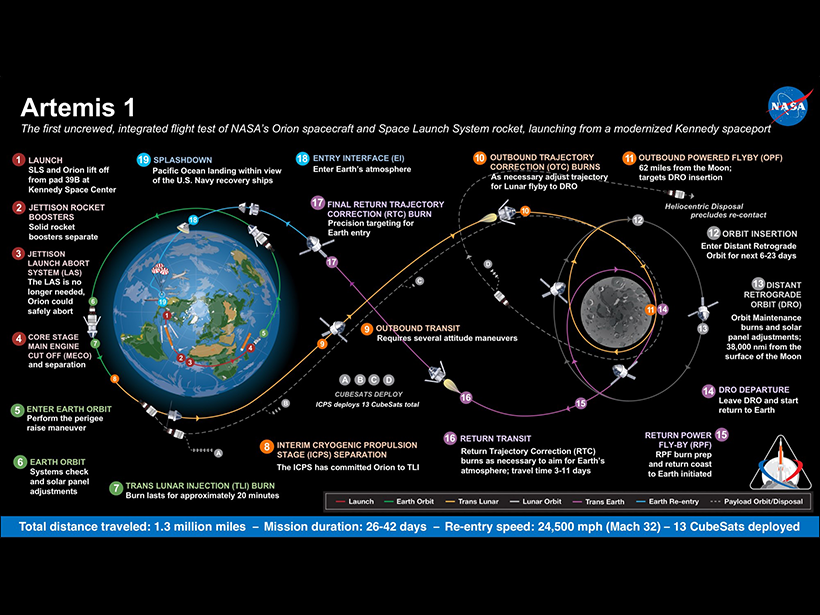Ousted Head of Science Agency Criticizes Brazil’s Denial of Deforestation Data.

The world’s lungs are starting to gasp for breath, and it’s not something we can sweep under the rug. This is excellent reporting by our own Randy Showstack on the attacks on the world’s largest rain forest and the scientists trying to protect it.
—Kimberly Cartier, Staff Writer
Mapping the Strain on Our Water. Informative, well-illustrated article reporting on new data about water stress from the World Resources Institute (WRI). The article led me to WRI’s Aqueduct tools for a deeper dive into the data.
—Faith Ishii, Production Manager

Any other Pantone fans out there? This bird’s-eye view of vibrant green farmland brings me joy—from memories of flying over the Midwest as well as the beauty of geometric shapes in our everyday life.
—Melissa Tribur, Production Specialist
2068: The Speculative Journalism Issue and To Fix the Climate, Tell Better Stories. Two outlets are making statements on the power of storytelling to make us truly understand the changes happening all around us. The journalists at High Country News took the findings from the Fourth National Climate Assessment and moved the clock ahead 50 years to speculate on how they might be reporting on a world that had stayed on this path. Nautilus magazine, meanwhile, insists that a one-sided “narrative vacuum” is the reason science hasn’t decisively won the climate change debate.
—Heather Goss, Editor in Chief
With Artemis, NASA at Risk of Repeating Apollo Mistakes, Scientist Warns.

This is a solid reality check for those excited about the United States returning to the Moon with the Artemis program. Not only are there serious concerns about funding, but also “NASA stands a very real risk of turning the Artemis Program into a repeat of the Apollo Program—a flags-and-footprints sprint back to the Moon with no follow-through.”
—Timothy Oleson, Science Editor
The Case for Climate Rage. A personal essay by Amy Westervelt on our emotions and climate change. When it comes to a climate crisis, who gets to be angry?
—Jenessa Duncombe, Staff Writer
In Super-Deep Diamonds, Glimmers of Earth’s Distant Past.

Diamonds are so much more than a girl’s best friend, and it seems that for scientists, the more “flawed” one is, the more valuable it might be. Researchers have identified trace isotopes of helium in the inclusions of superdeep diamonds from Brazil, which suggests the presence of a reservoir of helium in Earth’s mantle.
—Faith Ishii, Production Manager
The Planets, with Pluto and Ceres.
NEW! By popular demand…
– The Planets with Pluto & Ceres –
Shown: rotation, tilt, sidereal day. Tilts are “Obliquity to orbit” as there are multiple definitions of “axial tilt”. There are many unmapped dwarf planets – astronomy never sleeps: https://t.co/e8usoWyN4v. #SciComm pic.twitter.com/C9oMfFEFwX— Dr James O’Donoghue (@physicsJ) August 19, 2019
Simply mesmerizing to watch, and no, Mercury and Venus are not buffering. This animation is a great way to visualize the variety of ways planets (and not-quite-planets) spin in our solar system. Last year, this grid would have been incomplete: We only recently learned the length of Saturn’s day!
—Kimberly Cartier, Staff Writer
This Thread on the World’s Best Academic Paper Titles.
STOP THE INTERNET! I just found the world’s best paper title. pic.twitter.com/MZVPurtwAb
— Lisa Stinson (@lisafstinson) July 9, 2019
Scroll through the whole list. You’re welcome.
—Caryl-Sue, Managing Editor
Citation:
(2019), ABCD: Artemis, Brazil, climate, diamonds (and some other things), Eos, 100, https://doi.org/10.1029/2019EO131497. Published on 22 August 2019.
Text © 2019. AGU. CC BY-NC-ND 3.0
Except where otherwise noted, images are subject to copyright. Any reuse without express permission from the copyright owner is prohibited.
Text © 2019. AGU. CC BY-NC-ND 3.0
Except where otherwise noted, images are subject to copyright. Any reuse without express permission from the copyright owner is prohibited.

